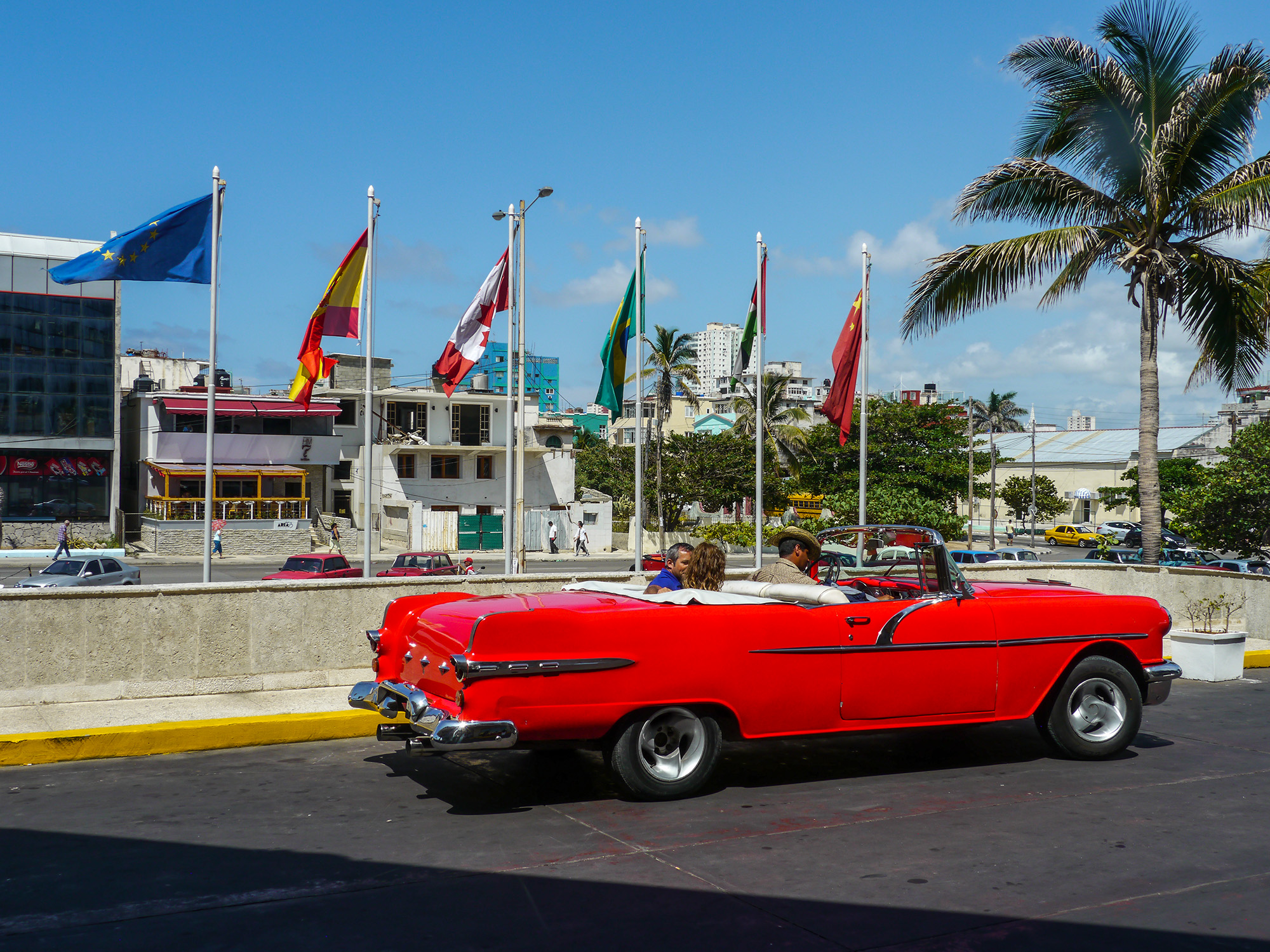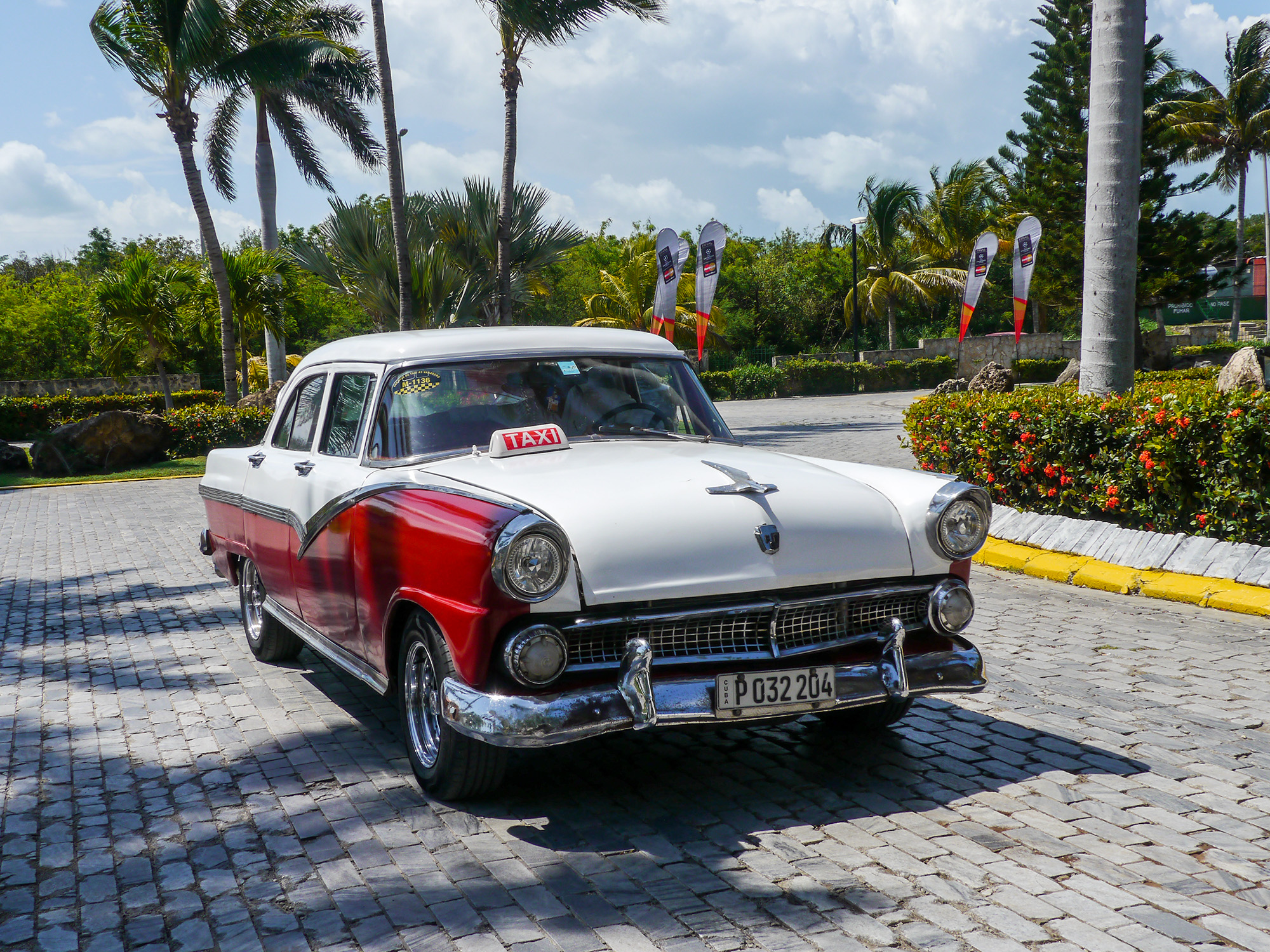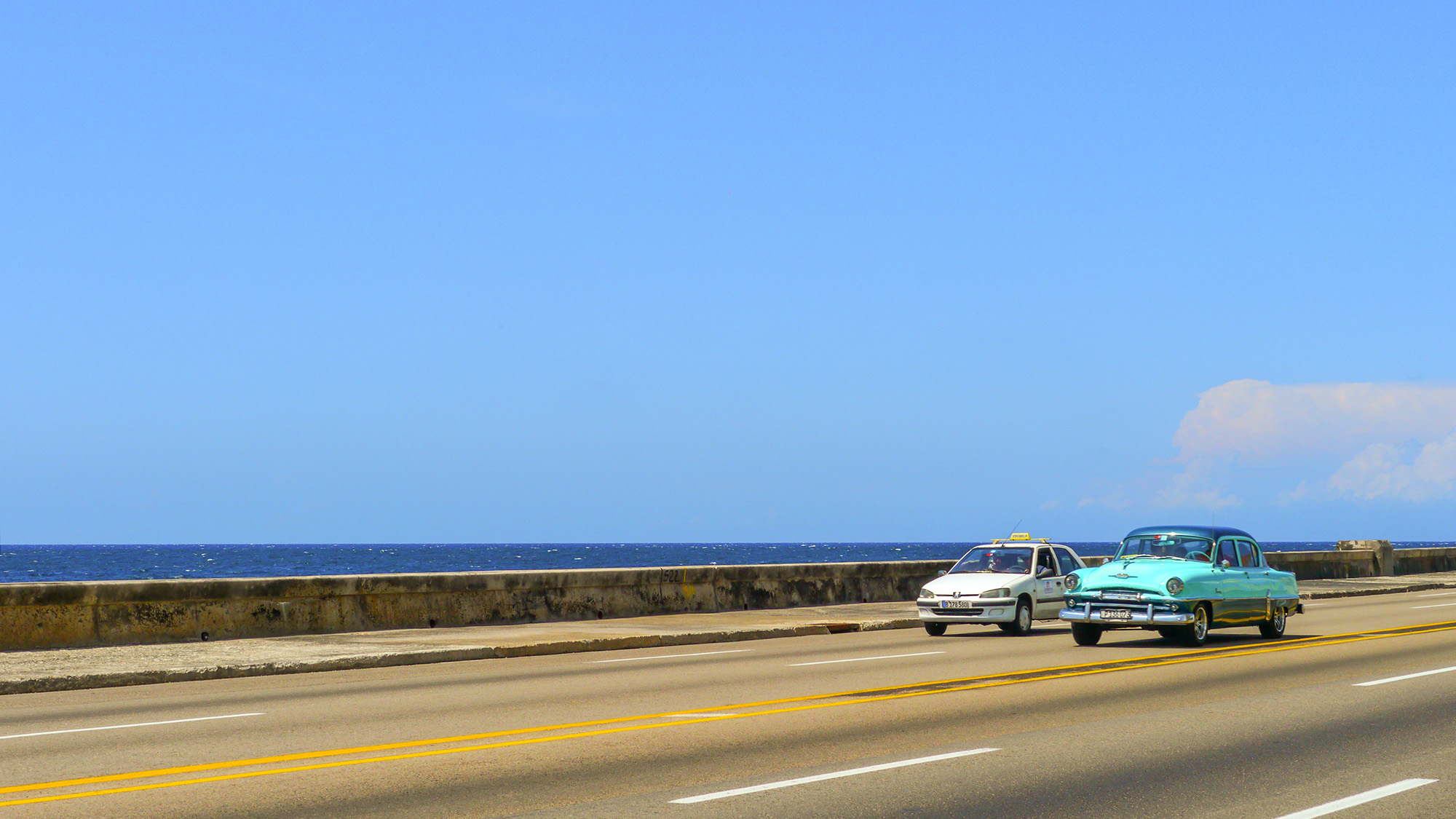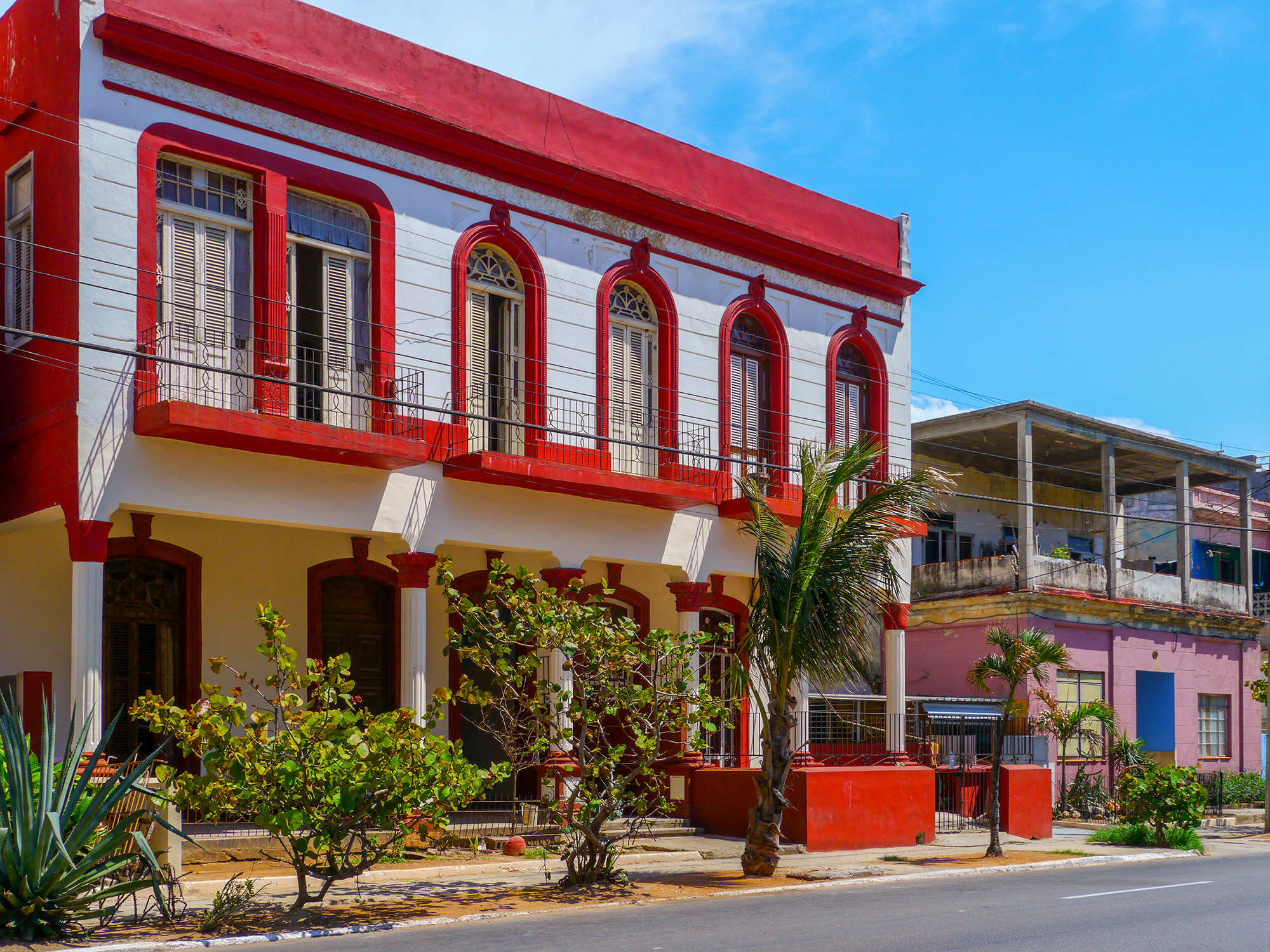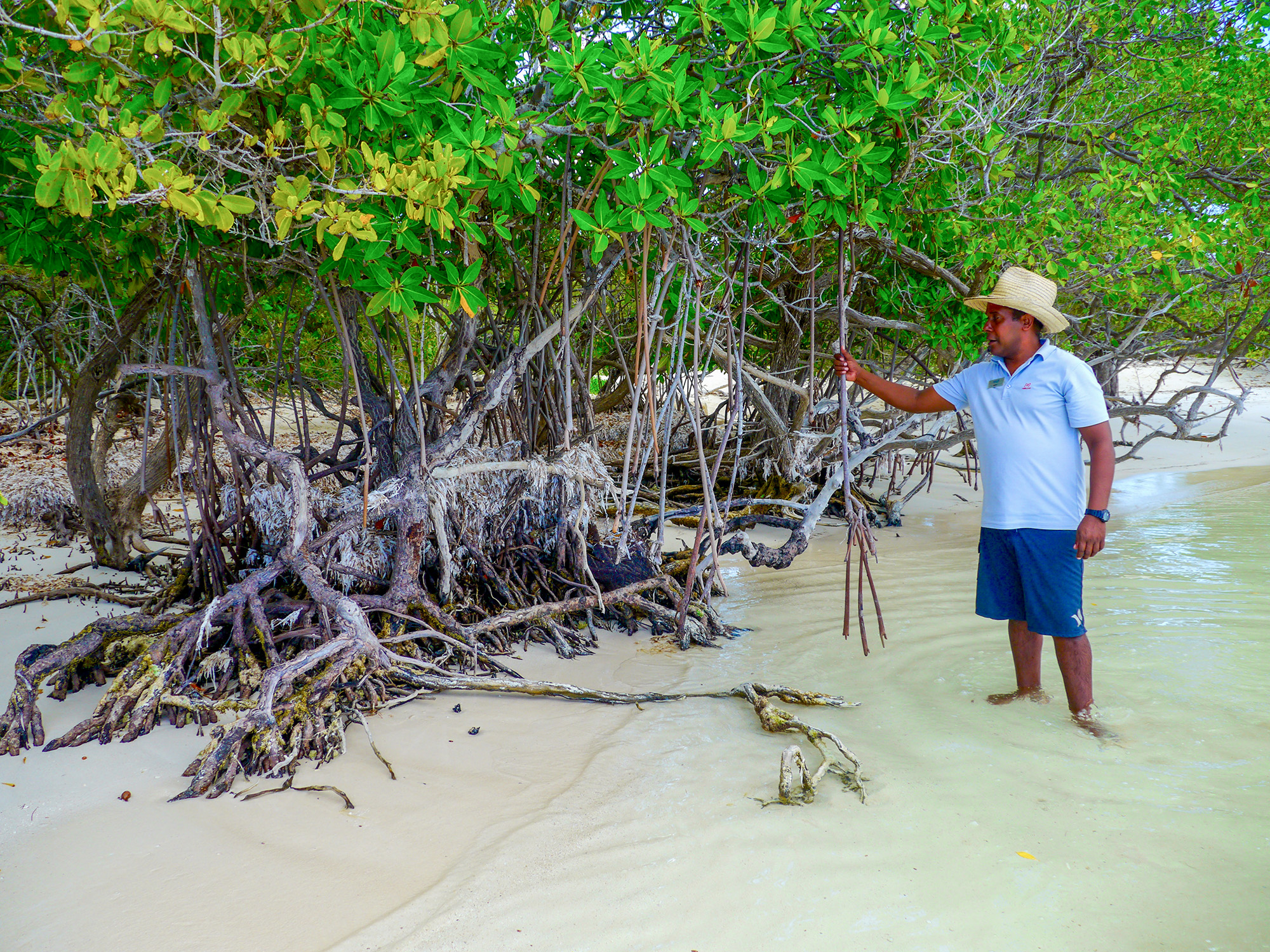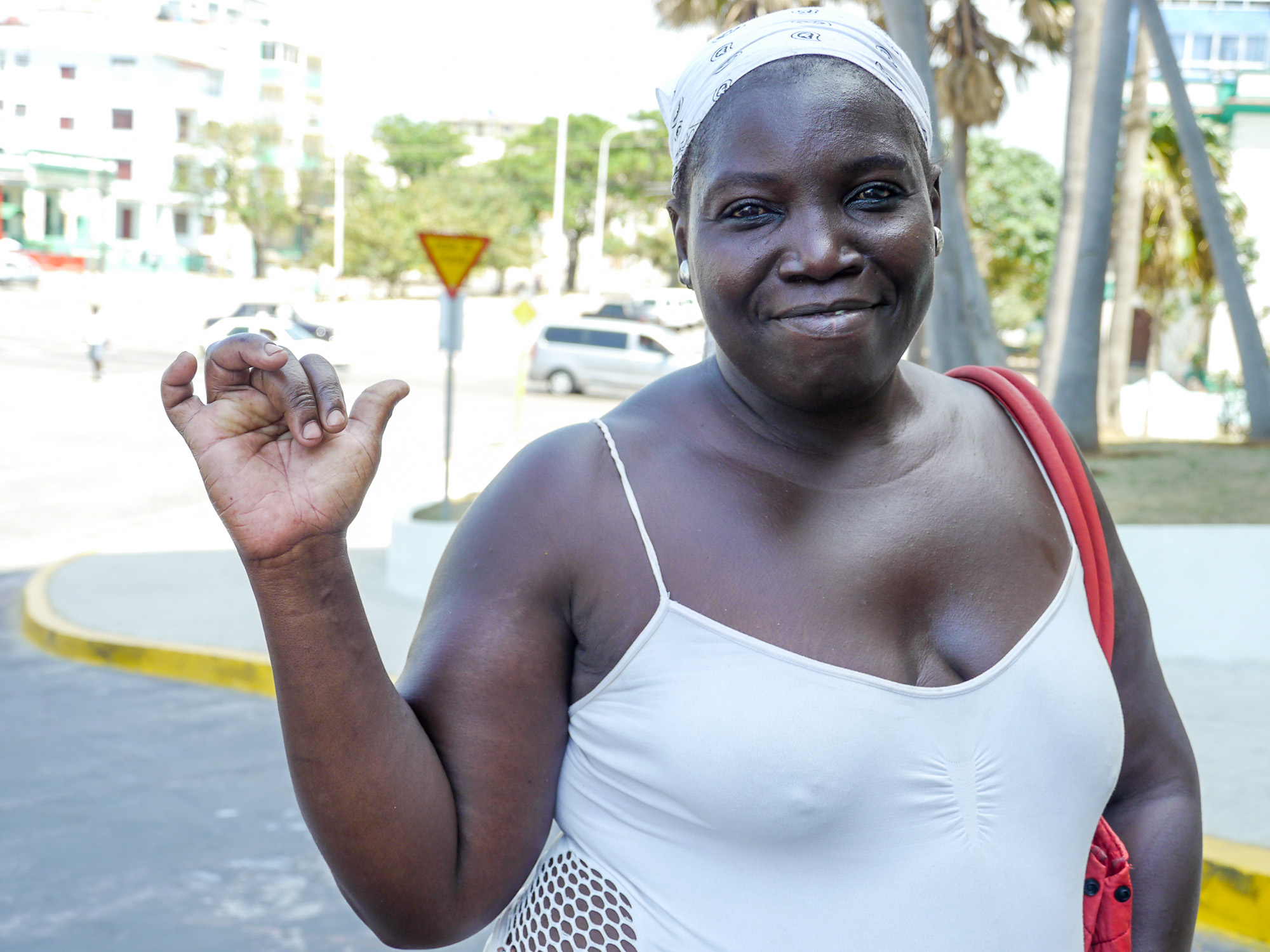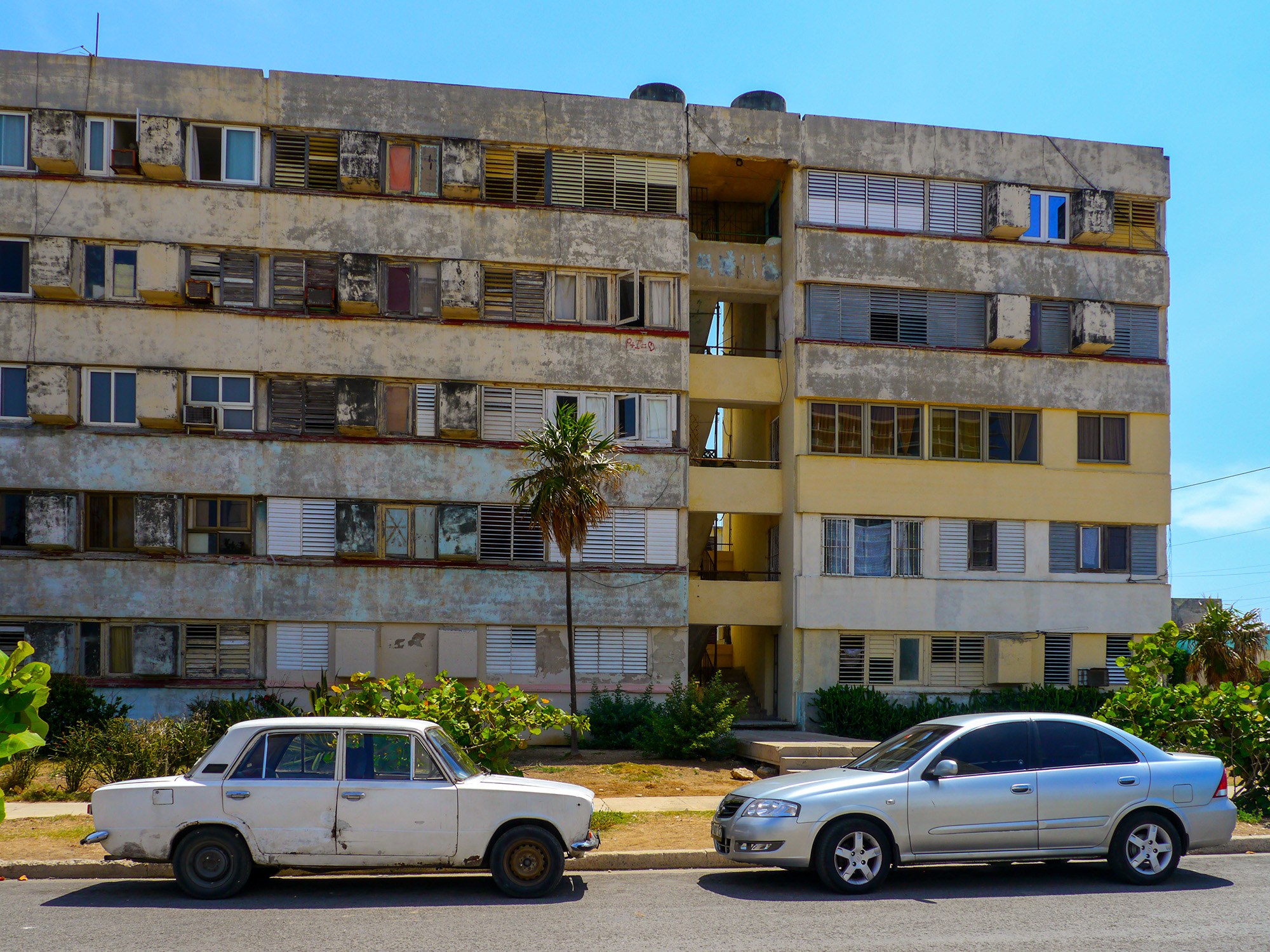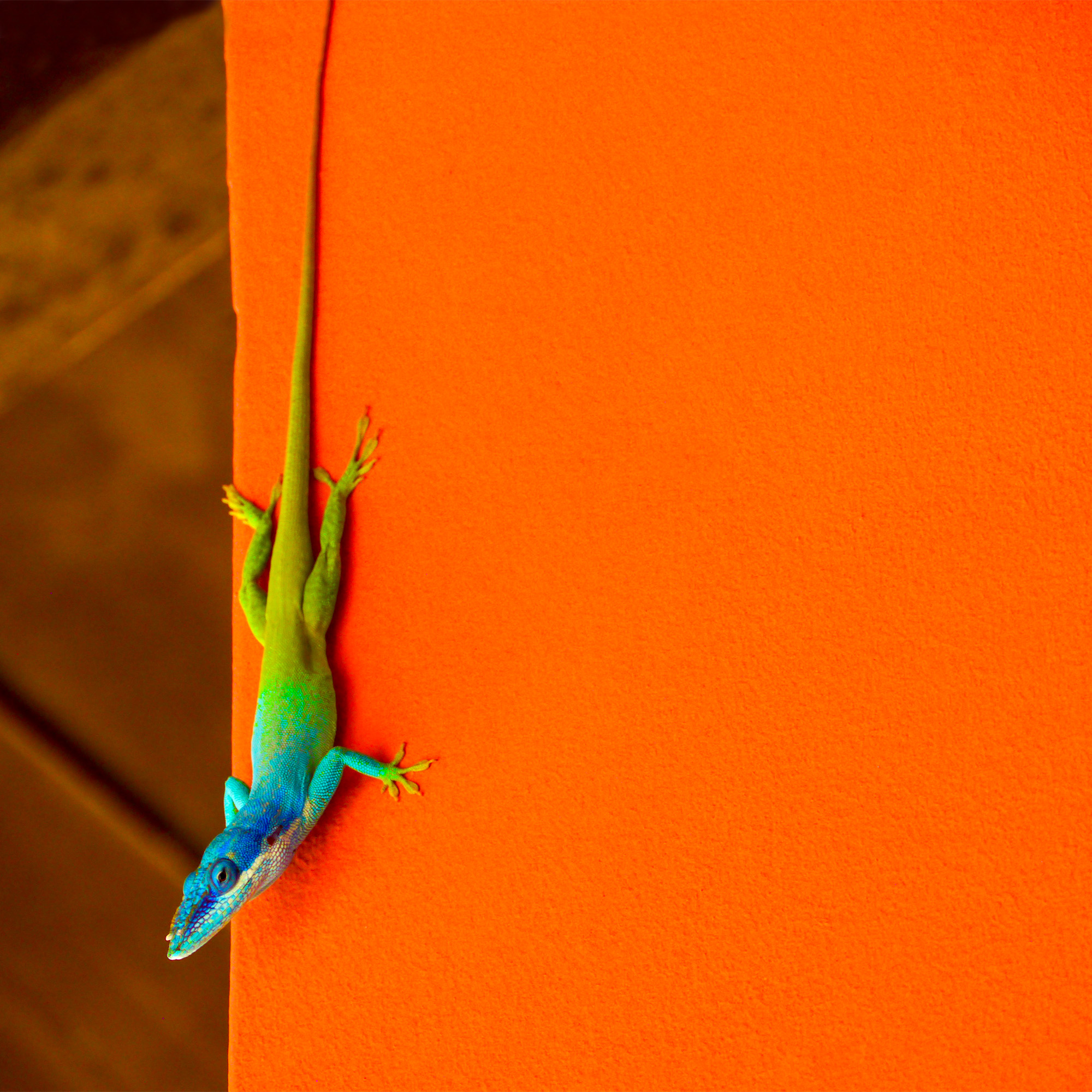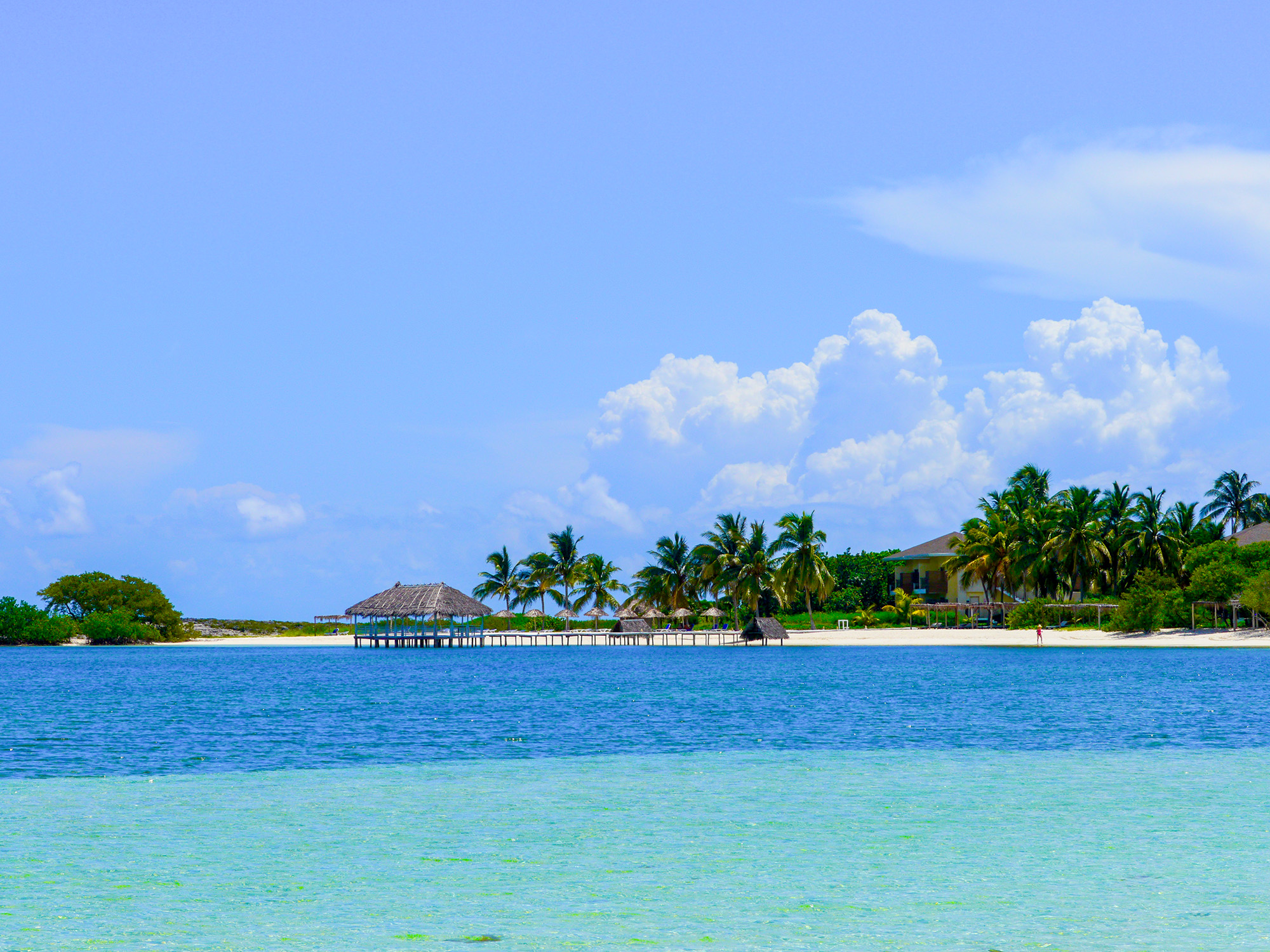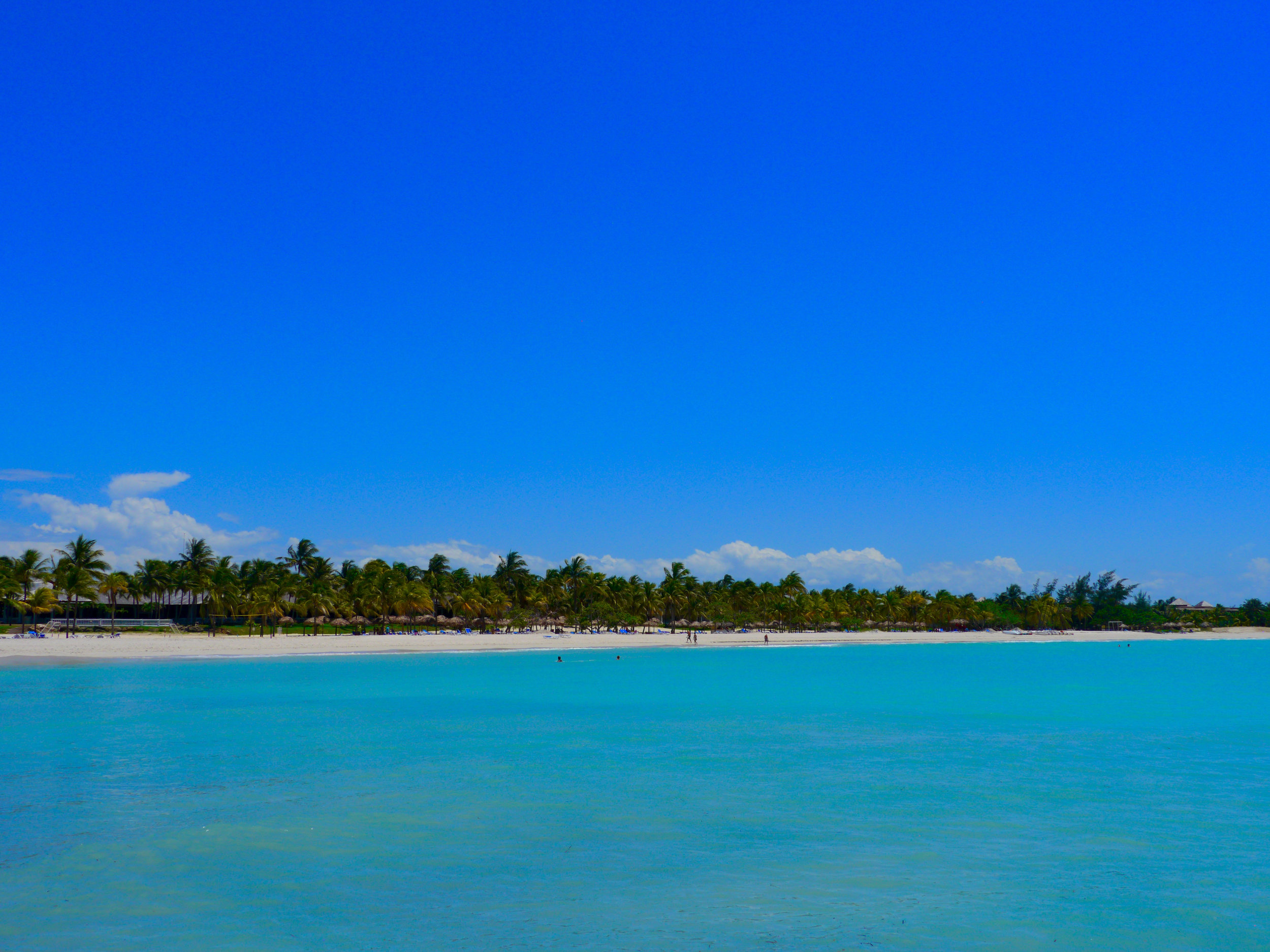US embargo on Cuba: What American Travellers Should Know

By Johanna Read
As more and more Americans travel to Cuba (well, unless the new U.S. president reverses President Obama’s decision), Cuba is changing, both for better and for worse.
Like any destination that has a large and rapid increase in tourism, Cuba faces risks of too much development done too quickly, with negative effects on the nation’s environment, culture, and people. It is all too easy for increased tourism, unless managed very carefully, to benefit multinational companies at the expense of a destination and its people.
But because of the U.S. embargo on this island nation, first imposed in 1958, Cuba is unique. Knowing how the embargo affects Cubans and tourism is critical if you want to travel there as a responsible tourist, especially for Americans’ first visit to Cuba.
Here’s what you need to know:
The U.S. embargo isn’t because Cuba is a communist country
Cuba is dedicated to socialist equality. The country is a socialist republic, as were countries like Estonia and Grenada, and as China, Viet Nam and Laos still are.
The embargo or el bloqueo (the blockade) first started as an arms ban in 1958. It expanded in 1960 and again in 1962 to include almost all imports from the United States to Cuba. The expansion was a reaction to Fidel Castro’s 1960 nationalizing of assets and national resources like utilities, railroads, timber, tobacco, mining and farmland. These had been owned largely by U.S. companies and Castro claimed them in the name of the people of Cuba. This is not an unknown practice. Pointing to the hypocrisy of the embargo, a bill was introduced in 1996 in the Parliament of Canada to enable Canadians to sue the U.S. as compensation for property the U.S. government confiscated after the American Revolution.
In 1992, the U.S.’s Cuban Democracy Act stated that sanctions would continue against Cuba until the Cuban government moved “toward democratization and greater respect for human rights.” Cuba was designated as a state sponsor of terrorism by the U.S. State Department until May 2015.
Democracy and the protection of human rights are, of course, good things. However, there is a long list of countries in the world with far worse short- and long-term records than Cuba. The only other countries (as of this writing) on which the U.S. imposes an embargo are Iran, North Korea, Sudan, Syria, and Burma/Myanmar (the latter were eased considerably in 2012).
Other pro-human rights and pro-democracy countries have not imposed sanctions against Cuba. Many governments, church groups (even American ones), Amnesty International, Human Rights Watch, the Inter-American Commission on Human Rights, and individuals such as President Jimmy Carter are critical of the embargo. The United Nations General Assembly has declared, every year since 1992, that the embargo violates the UN Charter and international law.
The U.S. has financial claims of $6 billion against the Cuban government, which many say is the real reason behind the six current statutes embargoing trade with Cuba.
The embargo affects you as a tourist
The effects of the embargo weren’t too severe until the dissolution of the Soviet Union, which actively traded with Cuba until 1989. Since then, the U.S. embargo has severely affected the Cuban economy and Cuban people.
Tourists are not immune.
Almost all products, including food, are included in the embargo. When machinery like an air conditioner breaks, the parts can’t be shipped from the U.S., so there may be delays in getting it repaired. The air conditioner purchased in the first place can’t be from the U.S either. You’ll see Canadian store brands of cereal and condiments at hotel buffets. There is often just one supplier of a particular product, so when something doesn’t go exactly to plan, it is noticed.
In April 2016, there was a shortage of tomato juice in hotels across Cuba. The rumour mill said the country’s already-limited supply was sent to Havana for President Obama’s visit. During my May 2016 visit, hotels rarely had mango, despite it being peak mango season. I’m told the challenge was a gasoline shortage which affected shipping, particularly to far flung hotels.
Brownouts are frequent, though hotels do have backup generators. Internet is limited. In-room wifi is rare, though you can access wifi from most hotel lobbies. You’ll need to log-in frequently using complicated access codes which provide less than an hour of access ($1-2/card, though high-end hotels provide them free of charge). To protect bandwidth and enable more people to have access, downloading large files is impossible and sites like Youtube and Skype are blocked.
Hotel services and facilities aren’t at the same level as the U.S., or even other Caribbean countries like Barbados. Cuba’s beaches and ocean are often more pristine than in many other parts of the Caribbean and the fish are unafraid of human snorkellers, but the embargo has affected the quality of hotel infrastructure. A 5-star Cuban hotel is probably more like a 3.5 or 4-star Turks and Caicos hotel, both in terms of facilities and services.
The embargo affects Cubans a lot more
Goods of the best quality generally go to tourists. You’ll see filet mignon on menus in top hotels, but beef is extremely rare for Cubans to eat. Plus, citizens need a greater variety of products than tourists do, and the embargo affects almost everything, even water treatment chemicals and many medical products.
Cuba has a rationing system to fairly distribute their limited goods amongst citizens.
A typical monthly food ration, per person, is 22 lb of rice, 13 lb of white sugar, and 4.5 pounds of brown sugar (these three items seen as enough); as well as 1 cup of cooking oil, five eggs, a packet of coffee, a bun per day, 4.5 pounds of meat every 10 days, and a bag of salt four times per year. Extras, like powdered milk, are provided for young children, pregnant women, the ill and elderly people, but there are frequent shortages.
The ration does not provide enough calories or nutrition and Cubans must find other needed supplies on the free and black markets. Household products, clothes, and shoes are also included in the ration system. All rationed products are heavily subsidized: costs are about 20 times lower than the free market. All Cubans buy goods on the mercado libre (free market), mercado paralelo (parallel market), as well, as the mercado negro (black market). Cubans trade foods and other goods often, and will give food away if someone cannot afford to trade for it to ensure that no one goes hungry.
The U.S. embargo also affects the housing shortage. Lack of funds and limited construction materials result in difficulties in building more housing and adequately maintaining existing buildings from the damage caused by age, the tropical sun, wind, severe weather, and the sea.
The housing shortage means many Cubans live a long distance from their jobs, and their commute on crowded buses and in packed private ride-shares can take hours each day. Shopping for food is lengthy, with the need to visit several shops to find limited products, as well as to be creative in funding and trading non-rationed foods to supplement the rationed calorie intake.
Many consumer goods considered everyday items in the U.S. are either not available or the costs are so prohibitive they can not be purchased. Things like cosmetics, toiletries, painkillers and other over-the-counter medication, extension cords, and coloured pencils are considered luxury goods.
Cubans are better educated and healthier than citizens of many other Caribbean nations
While life is far from easy, Cuba provides education, health care and dental care free of charge. The quality is of a very high standard. One Cuban told me about feeling ill one day, visiting both the doctor and specialist the next day, and the day after that having surgery. There are no waiting lists.
Cuba has near universal literacy, and one of the lowest infant mortality rates and longest life expectancies in the region. Visiting Cuba is quite different than visiting many Caribbean nations, as tourists see much less poverty than in, for example, the Dominican Republic.
However, the best Cuban jobs are the ones which interact with tourists and their tips. So, you will see doctors driving taxis for additional income, and Ph.Ds. who prefer to work in hotels.
Your tips are more important in Cuba than in many other destinations
About 75% of Cubans work for the government directly or indirectly (including hotel workers). Salaries, paid in pesos, are low and universal. The average salary is the equivalent of $20 U.S./month. Doctors make the same money as hotel housekeepers, waiters and taxi drivers, although the latter have easier access to tips from tourists. The extra funds received through tips are essential to purchase non-subsidized goods.
Despite the vast economic disparity, most Cubans are happy to have you visit
Unlike in many tourist destinations, most Cubans do not see you as a walking dollar bill. Most Cubans you encounter want to create a genuine interaction with you because they are interested in who you are and want you to enjoy your stay in their country. They do not ingratiate themselves to you in hopes of a tip.
Some Havana residents do show their annoyance at the unrelenting influx of tourists, just as residents of any popular tourist destination do. In Havana, you will see more litter and some travellers have reported opportunity-thefts in hotel rooms. As in most destinations, it is wise to keep your valuables out of site and not flash jewellery, electronics and cash.
Outside of Havana and Varadero, signs of tourist fatigue are rare. Consider visiting destinations further off the tourist map so that you see a more genuine Cuba and spread your spending in places that see fewer tourists.
Cubans do not want to be American
Americans are proud of their country (current controversies aside), and are known throughout the world for their patriotic chants of “U.S.A, U.S.A.” Thanks to Hollywood, American culture is known everywhere in the world.
While tourists and their money are welcomed, many Cubans fear that an influx of American tourism could mean the degradation of their traditional culture. This is a concern for any country, but particularly so in Cuba because of the rapid rise in tourism. As in every other country in the world, Cubans want to pick and choose how other countries influence them, and they want to retain what makes them Cuban.
“Cuba is coffee, dance, music and rum,” an older man working in Cayo Santa Maria told me. “These traditions are very important to Cubans, and we don’t want to lose this.”
Cubans are also fearful of the influx of U.S. tourists bringing unwelcomed values, drugs, and crime to a country where most people don’t even lock their doors.
Your decisions make a big difference
The decisions you make as a traveller to any country significantly affect whether tourism improves or degrades a destination. This is especially true in destinations experiencing an influx of tourism like Cuba.
- Remember that Americans have an international reputation of being … let’s say ... demanding travellers. Americans want what they want, and are often heard complaining that wherever they are is not like home. Developing countries are not like home, and Cuba even more so thanks to the U.S. embargo.
- The increase in U.S. travellers means more spending in Cuba, but there is concern whether the dollars will stay on the island and benefit Cuban people, or go offshore to multinational companies. Spend your money in local businesses — casas (guesthouses) and paladares (private restaurants) —rather than in big name chain hotels.
- Spend time in places other than Havana and Varadero, enjoying both Cuba’s spectacular coastline but also the interior’s towns and rural areas.
- Tip fairly (not extravagantly), knowing how much of a difference your tips will bring. Go out of your way to make sure workers who don’t normally see tips — gardeners, kitchen staff — also benefit.
- Giving handouts when you travel to developing countries is controversial. Organizations that assist in economic development have studied the issue extensively and say that giving to individuals does more harm than good (particularly for products not purchased in-country). This is true in Cuba too. However, because of the lack of availability of so many goods, gift-giving may do less harm here. Consider bringing items like toiletries, over-the-counter drugs, clothes, shoes, toys, towels, face cloths, and extension cords. Do not leave them for the hotel maid, but distribute them more fairly. Never give handouts to children. Consider donating money to schools and NGOs, not just in Cuba but in far poorer countries like Haiti.
- Wherever you travel, be respectful and appreciative of the people around you and the way they live their lives. Don’t criticize the quality of what you see and experience. Don’t assume your practices and values are better or even wanted.
- Above all, enjoy your trip to Cuba. Don’t “go now before it gets ruined.” Go and make conscious decisions to not ruin it.
